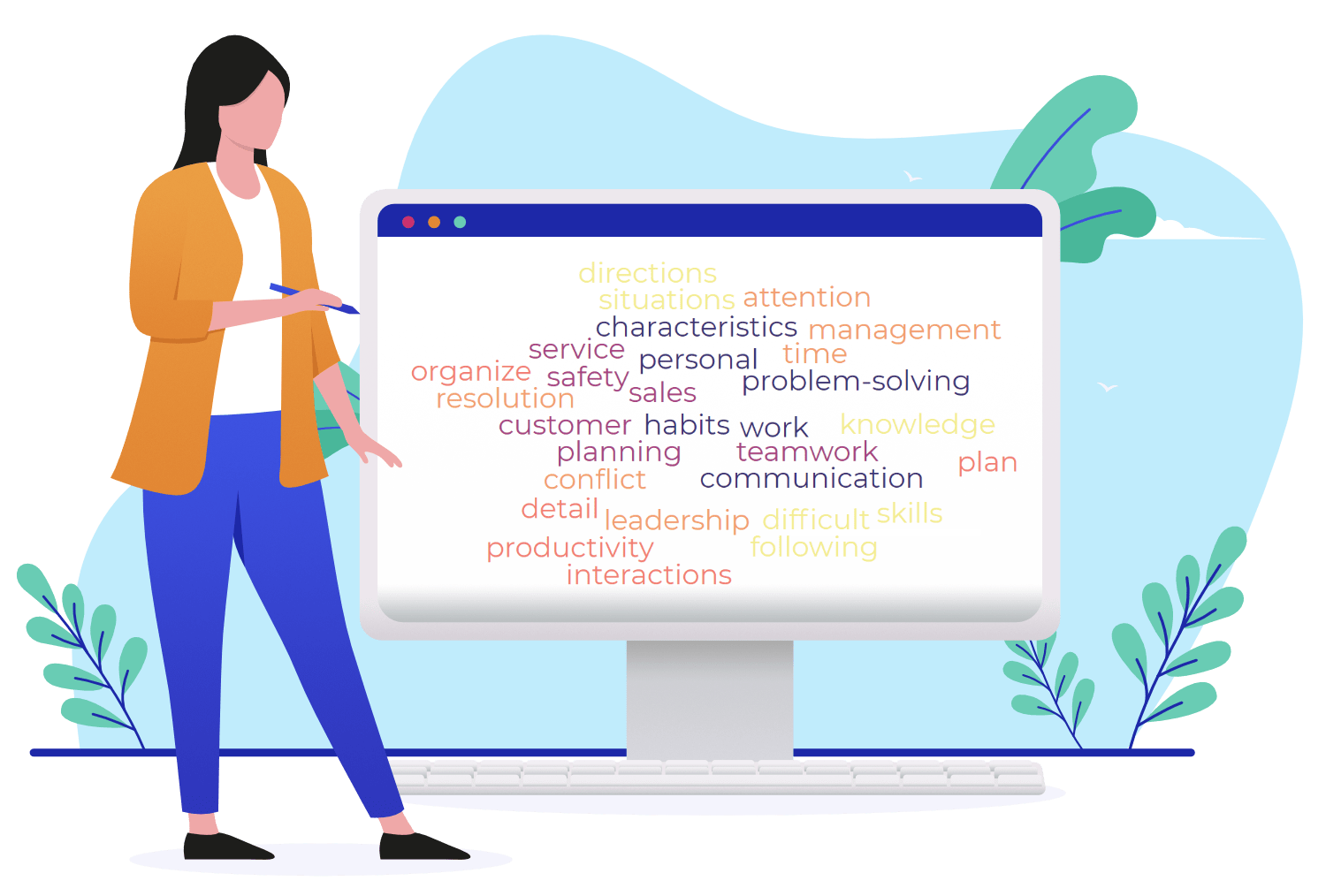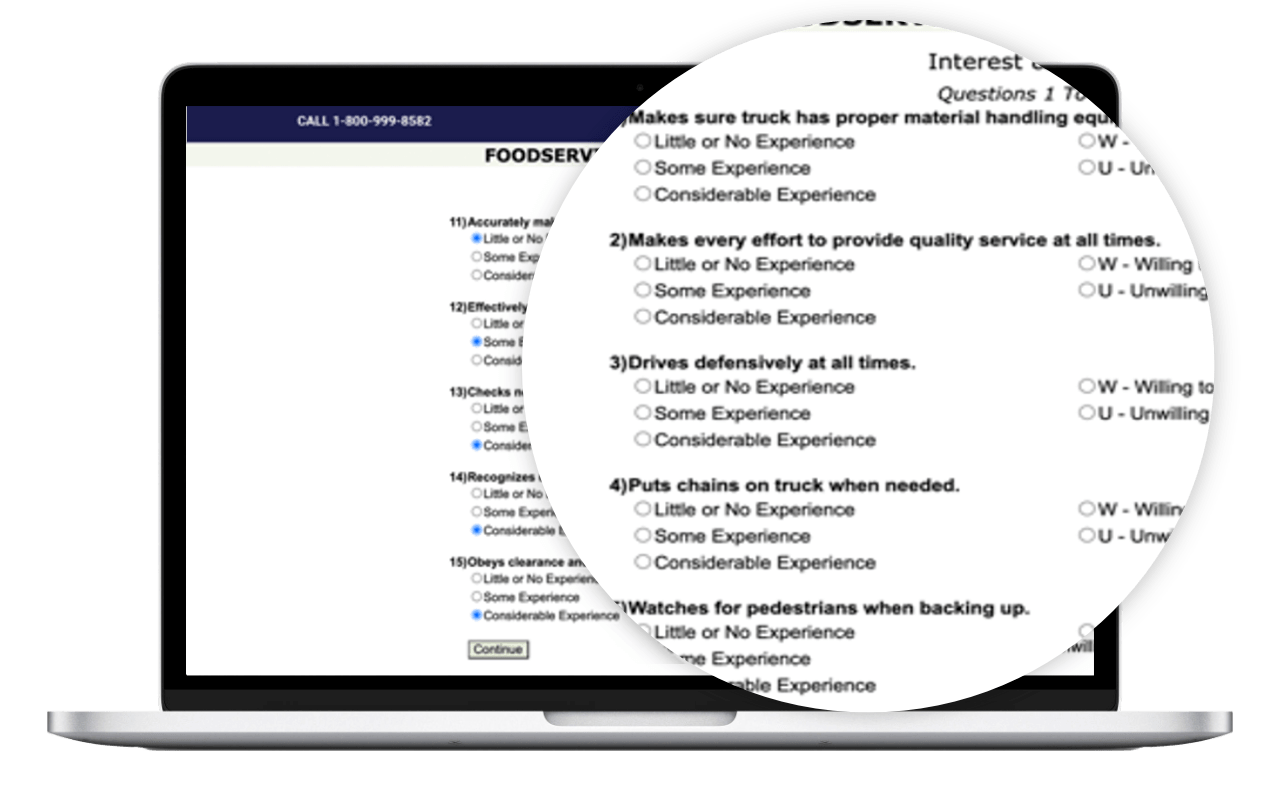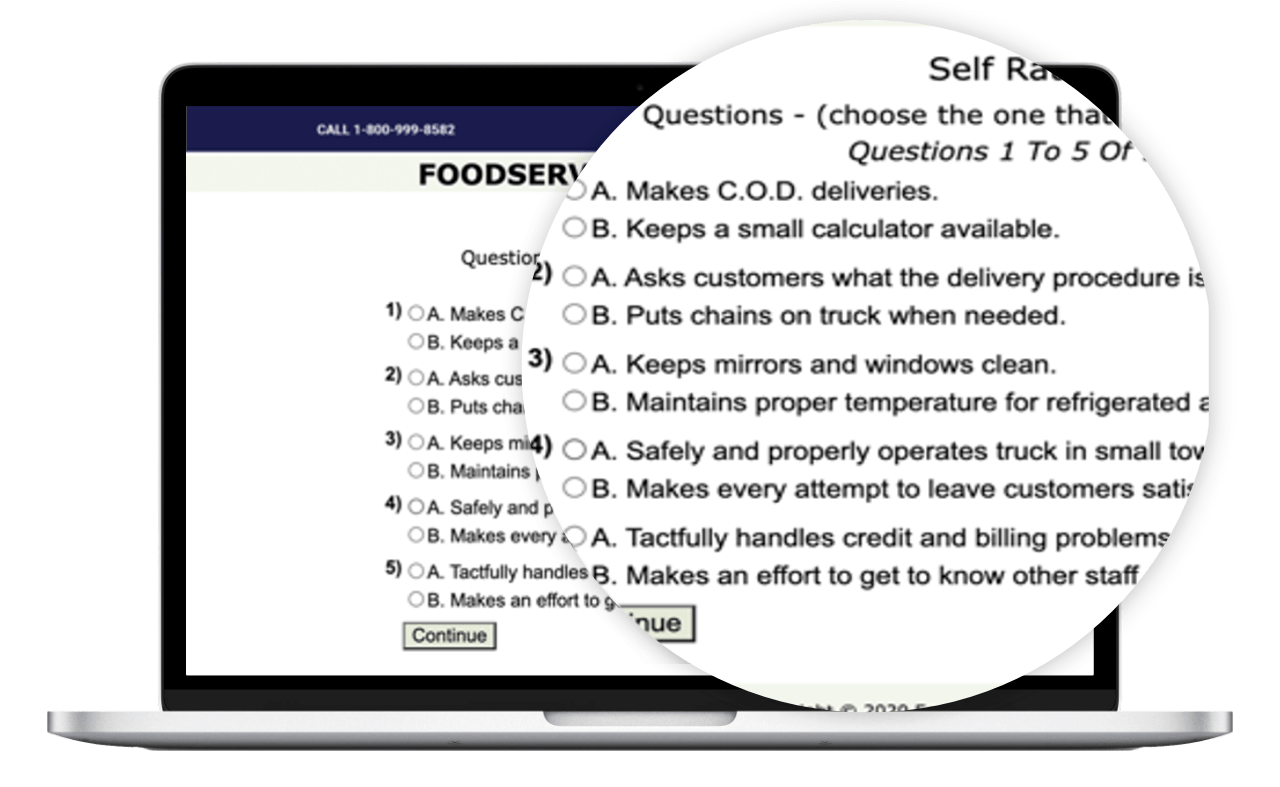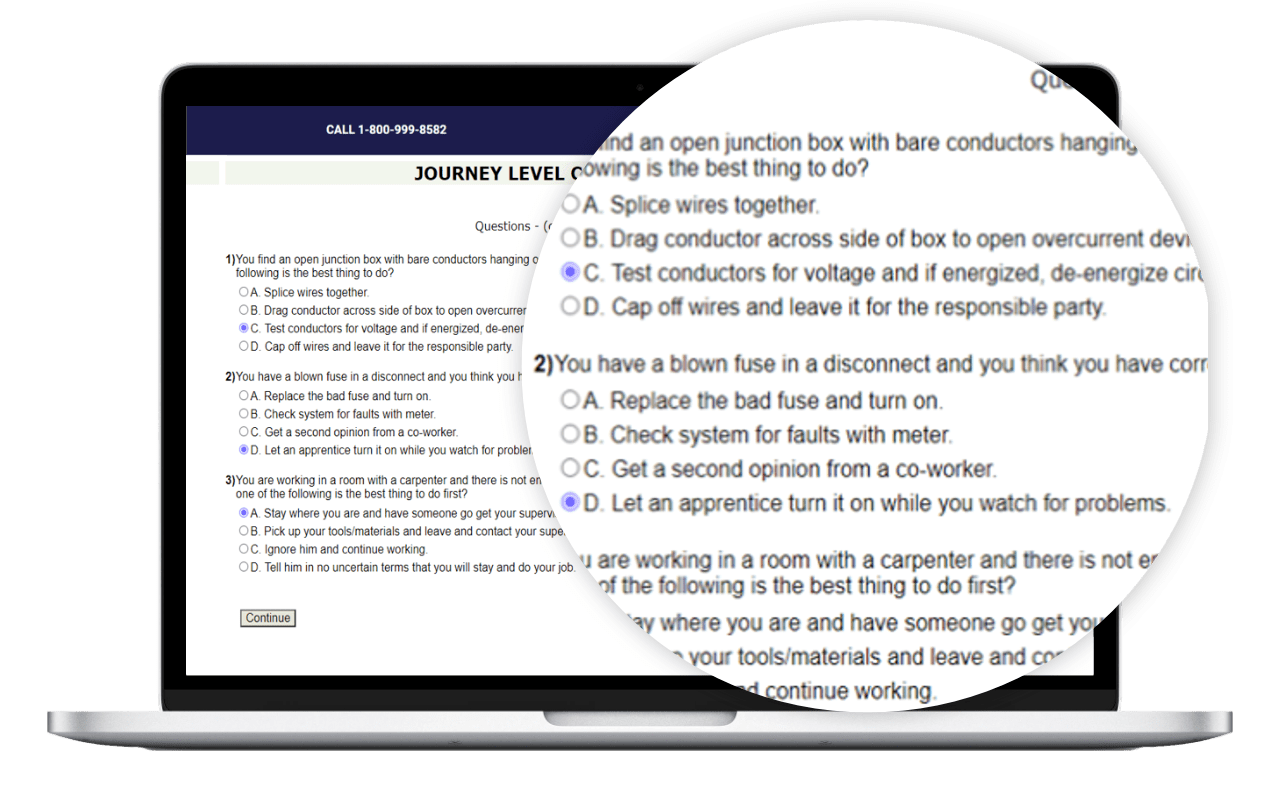Being a top-performing Childcare Provider goes beyond skill and craft knowledge; it involves surpassing average behavioral expectations. The SelectRight™ assessment evaluates candidates across a broad spectrum, considering the 30% skill component and the crucial 70% human factor behaviors defining the job.
This scientifically valid methodology identifies 100+ key high-performance job behaviors, forming the basis of the Job Success Profile™. Through a comprehensive questionnaire, applicants can assess their alignment with the known high-performance behaviors of top performers.
Effective management of parent complaints by childcare providers yields significant positive and negative consequences. When providers adeptly address and resolve concerns, they defuse situations, foster trust, and build long-term relationships with parents, contributing to a harmonious childcare environment for both children and parents. This trust and open communication nurture satisfaction among all involved parties. Conversely, neglecting to handle parent complaints effectively allows issues to escalate, straining relationships, eroding trust, and potentially driving parents to seek alternative childcare options. This can damage the provider's reputation and hinder their ability to attract and retain clients, jeopardizing the childcare facility's stability and success. Thus, skillfully managing parent complaints is paramount in maintaining a thriving childcare service.
Effective support and mentorship provided by childcare providers to new staff yield significant consequences, both positive and negative. When providers actively assist and nurture new team members, it plays a pivotal role in team building, fostering the growth and effectiveness of these newcomers. Through guidance and a welcoming atmosphere, experienced providers aid in the seamless integration of new staff, elevating the overall quality of care and instilling a sense of belonging and motivation among the team. These positive relationships and teamwork contribute to a harmonious childcare environment, benefiting both staff development and the well-being of the children. Conversely, when childcare providers neglect to support new staff, the consequences can be detrimental. Without guidance, new staff struggle to perform effectively, potentially diminishing the quality of childcare and affecting the children's well-being. The absence of support can also disrupt team cohesion, impacting morale and job satisfaction. Ultimately, failing to assist and support new staff impedes their professional growth and jeopardizes the quality of childcare services, potentially harming the childcare facility's reputation and success.
Consistently prioritizing what is best for each child as a childcare provider yields positive and negative consequences. Recognizing the uniqueness of children and adapting to their diverse needs and learning styles fosters a supportive and enriching environment, enhancing their development, self-esteem, and curiosity. It also builds trust between the provider and the child, nurturing a responsive childcare setting. Conversely, neglecting individualized care can lead to ineffective interactions, frustration, and missed growth opportunities. A one-size-fits-all approach may hinder trust and meaningful connections, resulting in a less supportive environment. Ultimately, the degree to which a childcare provider tailors care to each child's needs significantly impacts their well-being and development.


We created this section, in part, because many applicants have little or no idea before employment about the full range of behaviors expected of them should they be hired. The Interest & Willingness section gives applicants an opportunity to rate themselves on all the behaviors and other conditions of employment.
It serves four purposes:
1st, it acts as a communication tool to the applicant by giving them a comprehensive overview of the behaviors they will need to bring to the job to be successful. 2nd, it allows applicants to select any unwilling responses that flag possible problems and, 3rd, it provides a highly useful and detailed profile of the strengths and weaknesses of the applicant. This profile can be used for more effective training, placement, and further development of existing employees. Finally, this section serves as an understanding between the employer and employee of what is expected in the job.


The assessment accurately identifies applicants who describe themselves in high-performance terms which makes this section a very powerful part of the assessment. The correct answer to each of the pairs is, in fact, the Job Success Profile of high-performance employees. This section measures each applicant to see how closely they come to matching the success profile of known, superior performers.


This section is designed to look for applicants who, by their responses, demonstrate the same competencies as the known outstanding performers.
It asks applicants to choose a response to actual on-the-job scenarios that illustrate high-performance behaviors.



A Childcare Provider is a nurturing and responsible individual entrusted with the care and supervision of children in various settings, including daycare centers, preschools, private homes, and community centers. The primary role of a childcare provider is to create a safe, stimulating, and supportive environment where children can learn, play, and grow while meeting their physical, emotional, and developmental needs.
Designed with top producing SMEs
SelectRight assessments are developed using subject matter experts. We assess potential subject-matter experts based on their skill/knowledge, ability & performance, and reputation & management consensus. Before being published, each test is rigorously peer-reviewed, then calibrated using hundreds of test takers with relevant experience in the subject. Our feedback mechanisms and unique algorithms allow for continued reliable and accurate test performance.